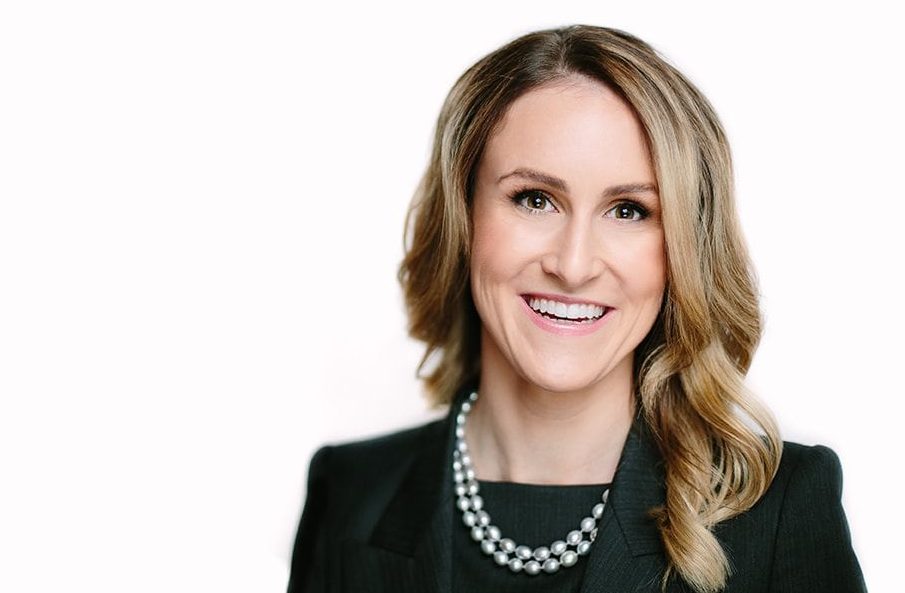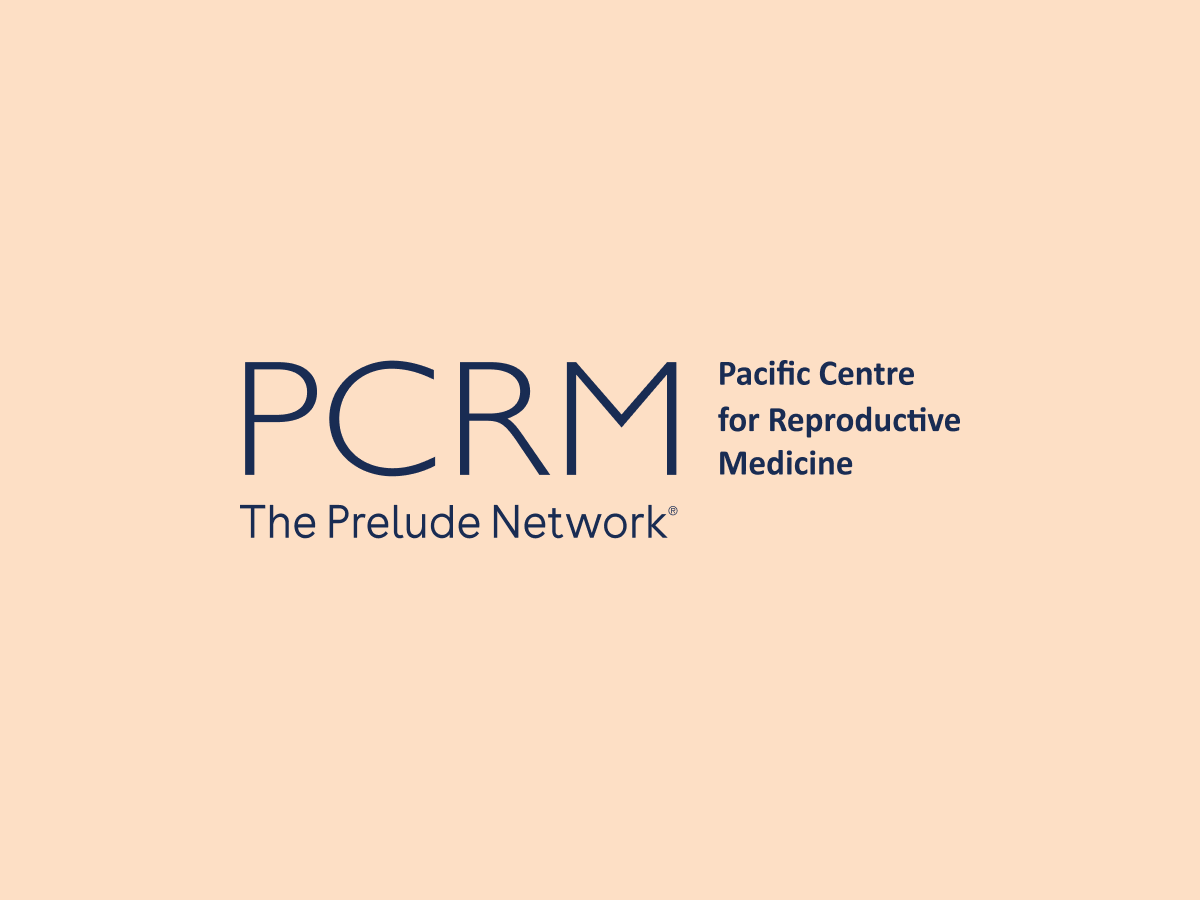
Meet PCRM's Dr. Dunne
Dr. Caitlin Dunne, has been a valued member of PCRM's staff since 2013, though she is joining us full-time as specialist in infertility and egg freezing. Dr. Dunne is doubly certified by the Royal College of Physicians and Surgeons of Canada in Obstetrics & Gynecology and in Gynecologic Reproductive Endocrinology & Infertility. Dr. Dunne is also a registered sonographer for gynecologic ultrasound with the American Registry for Diagnostic Medical Sonography.
We asked Dr. Dunne a few questions to gain some additional insights into her unique perspective.
Where did you go to school?
I studied Science at McGill University and the University of London (UK). I went to med school at the University of Western Ontario, after which I completed my residency and fellowship at UBC in Obstetrics & Gynecology.
That's 14 years of school! What else did you do during that time?
I travelled to, and worked with, several fertility clinics around the world. Egg freezing is a personal and professional passion of mine, and it's a new frontier. The techniques being employed are new and sophisticated; I wanted to have the opportunity to gain exposure using leading techniques and see how they're being employed.
So what brought you to Vancouver?
At first it was my residency. Then I got to experience living here. Vancouver is such a fantastic place to be – it is very hard to leave.
What drew you to PCRM?
Definitely PCRM's focus on patient-centered care and using the newest tools and techniques. It's also a vibrant and close-knit team. We work closely with our patients to make them feel comfortable.
You said that egg freezing is a particular passion of yours.
Yes. I love it.
Can you talk a little about it?
I feel strongly about egg-freezing because in the world today, people have a lot of options to influence how they live, and improve quality of life. Egg freezing is becoming one of them.
Having a family is a fundamental part of life to many. And due to educational pursuits, travel, career,exploration, or career progression, women are having children later. Freezing eggs at their optimal quality gives women a better chance of having a pregnancy than having to try fertility procedures late in reproductive life.
The ideal condition is that you'll never need these eggs. The ideal way to get pregnant -always- is through natural pregnancy, but this is a great contingency if it's ever needed in the future. It's a viable option and safety net for your future.
What does patient-centric care mean to you?
For me, patient centric care means moving away from cookie cutter medicine and one-size-fits-all care plans. Understanding what the patient or couple wants, and their fertility needs. Because we have, in our field, such a diversity of tools, techniques, medications, and complementary additions - that if you're well-versed - each patient can get the benefit of your knowledge. It's about making your care more personalized, and more successful.
It sounds like you really get to know your patients.
One of the things that I strive to do well is communicate with patients and couples about what I think is going on and what their diagnosis is, and the rationale about different strategies. When patients have been struggling to conceive for a long time - there's a lot of frustration, fear, anxiety, sadness, and pressure.
When we talk, my goal is to explain things so that everyone is on the same page and comfortable. Knowledge is power, and once patients understand, they feel more in control of their direction.
What's your favourite part of what you do?
It's most fulfilling for me when patients leave and can say to themselves, "Now I get it, okay, I can work with this."
To learn more about Dr. Dunne, visit her bio on the team page here.
Related Posts
Categories
About the PCRM Blog
Welcome to the Pacific Fertility Centre for Reproductive Medicine Blog! Nationally and internationally recognized for providing exceptional reproductive care, our team believes in empowering people with the knowledge they need to navigate their unique fertility journeys.
From information on the latest fertility treatments to valuable insights on egg donation, surrogacy, and everything in between, the Pacific Centre for Reproductive Medicine Blog is your ultimate resource for all things reproductive care and support. Read on to learn more, and contact us today if you have any questions or want to schedule a new patient appointment.

